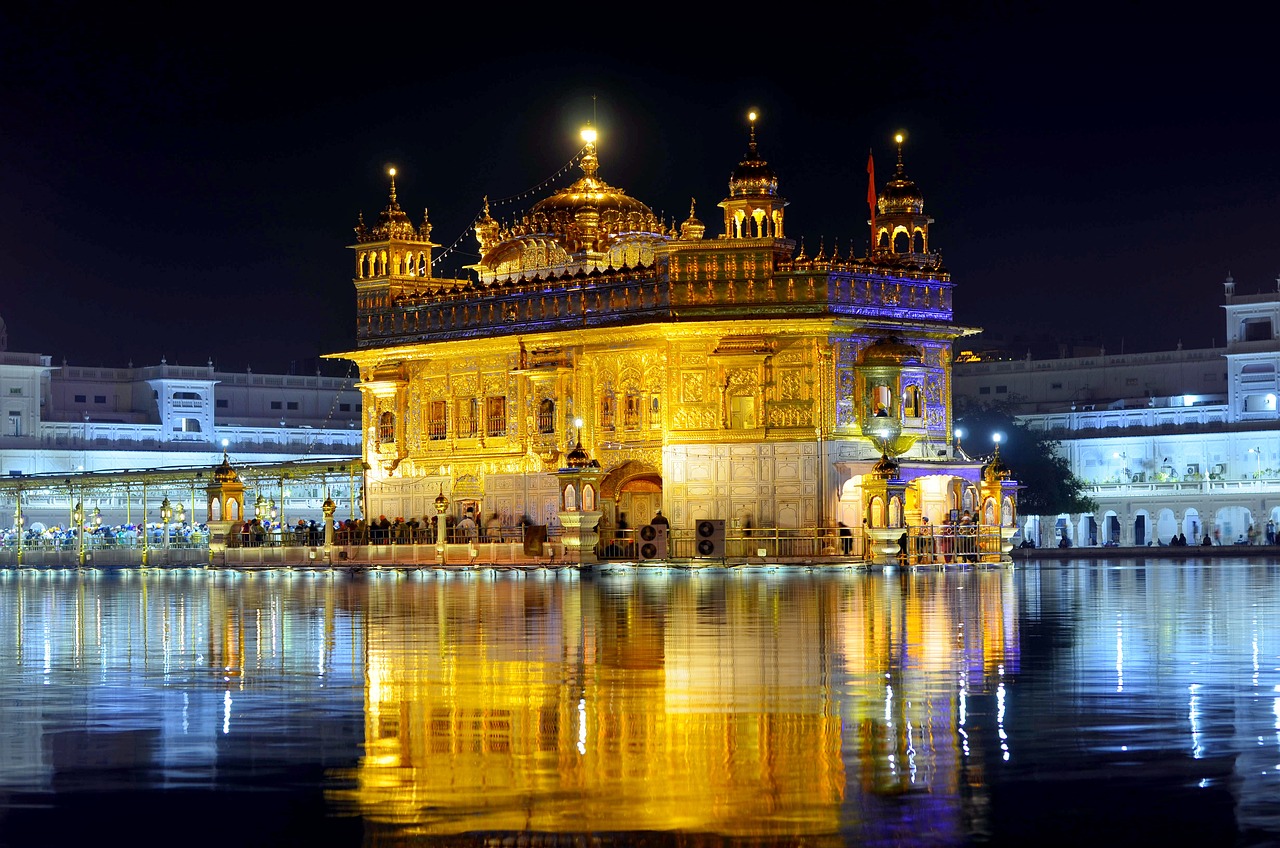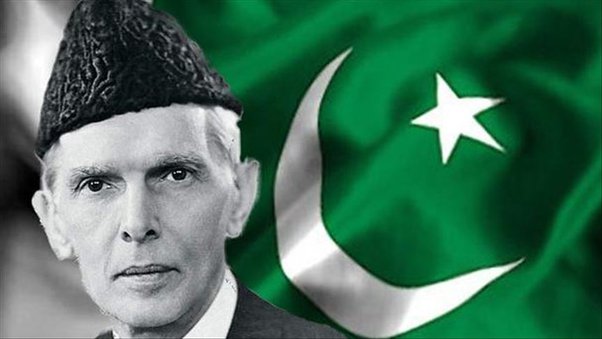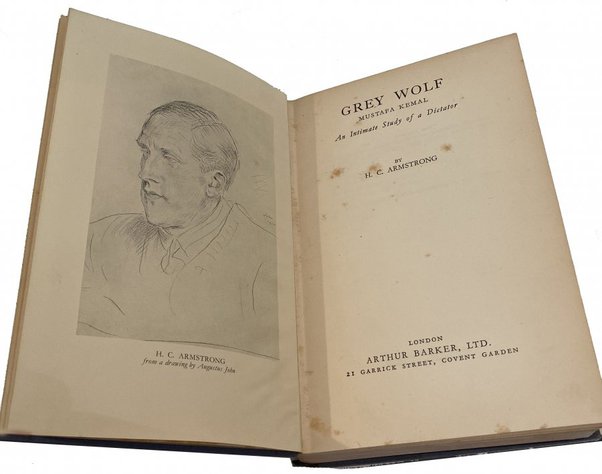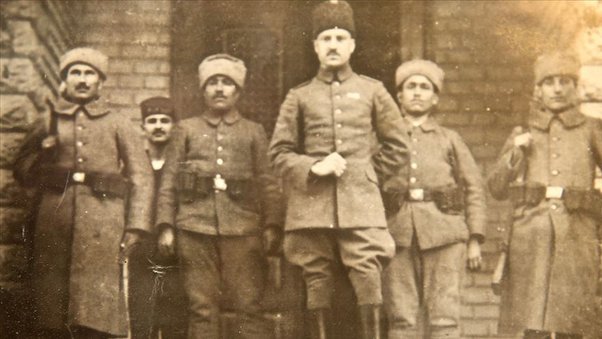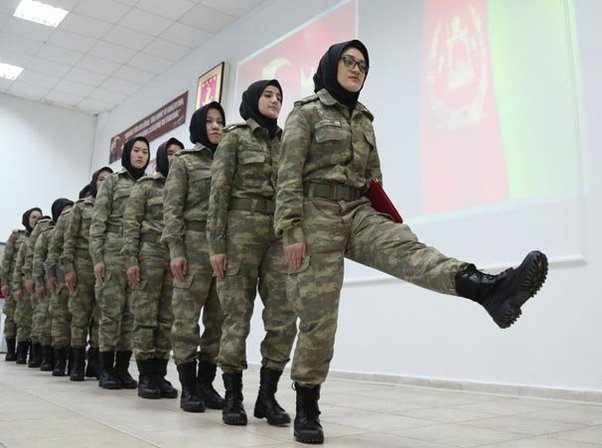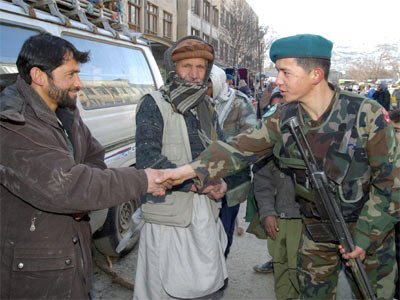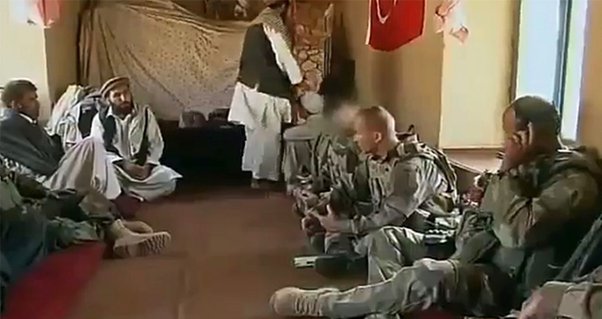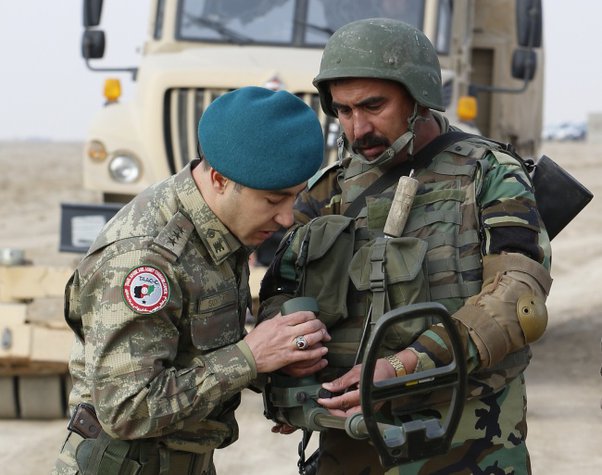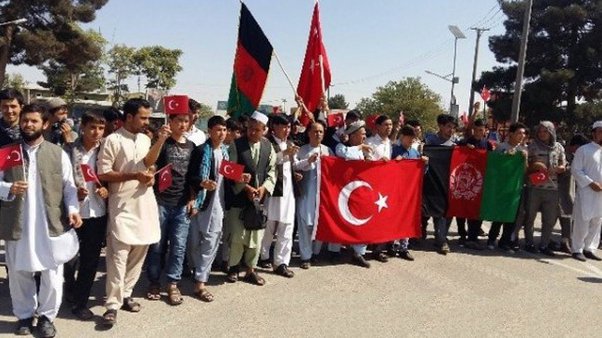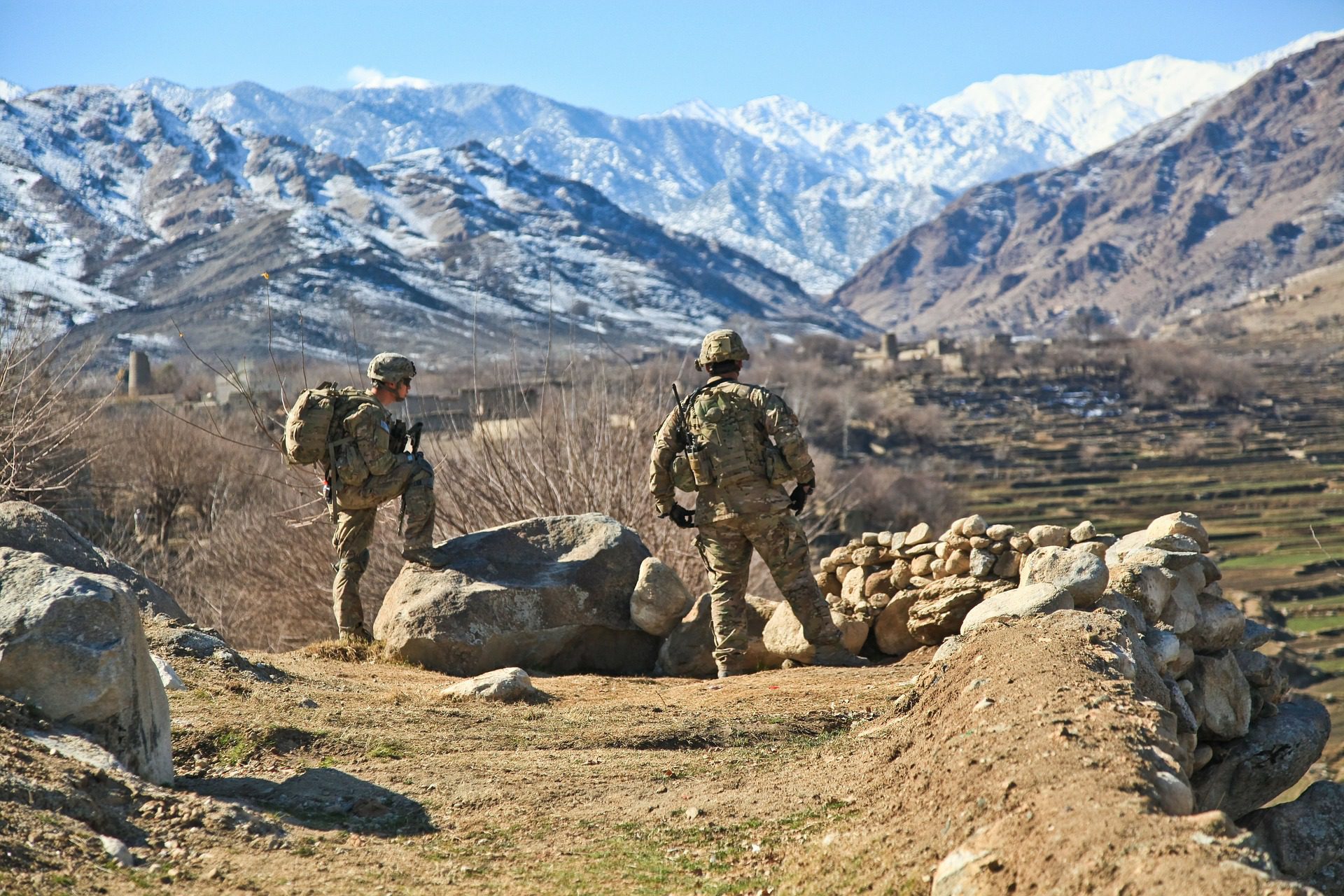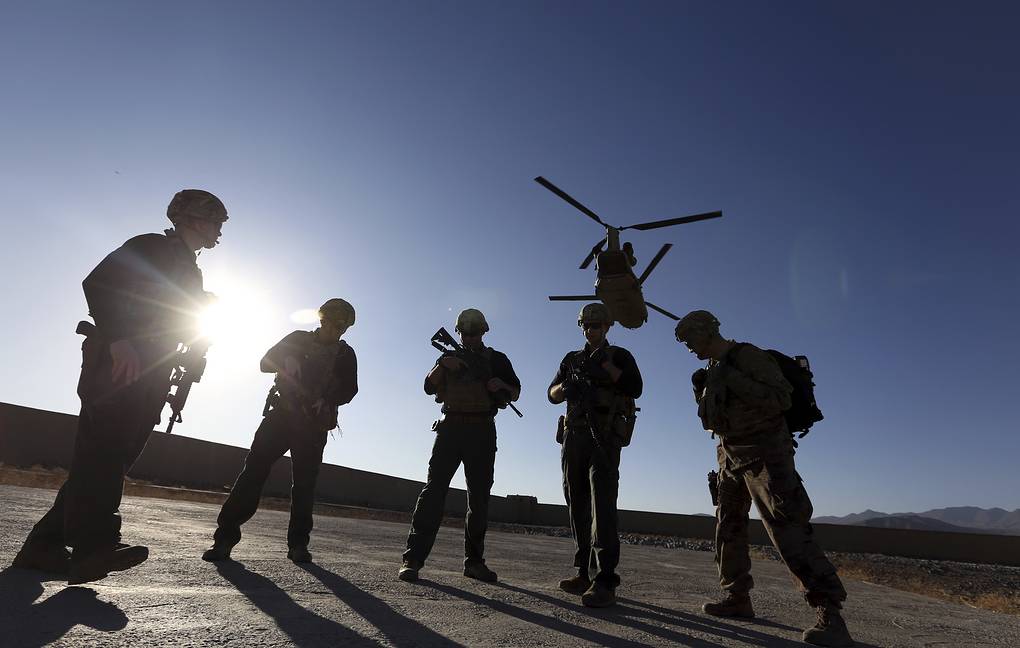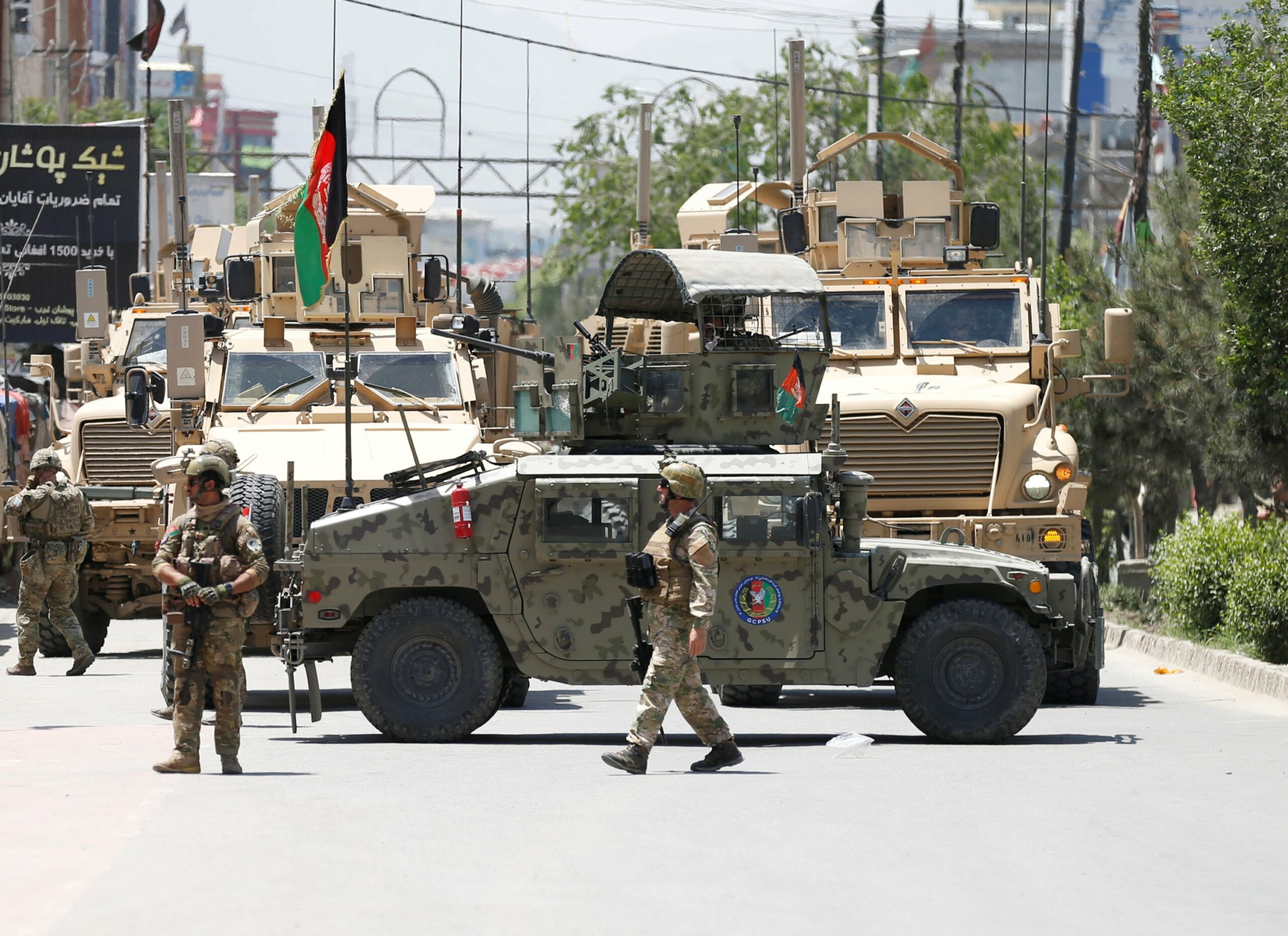F.M. a lawyer at Lahore High Court, Punjab (Pakistan) answers this question as follows:
Well, I am not a Turk but still want to answer this question:
There is a Turkish Restaurant in Lahore (Pakistan) owned by a Turk and most of the staff was Turkish as well. I went there with my stepmother and they served us so well and with so much hospitality that we were impressed. They even served us complimentary starters and complimentary tea and dessert as well.
I went there again after a month or so and ordered some food. I was served extra/complimentary lamb meat along with starters, tea and dessert. It was a generous gesture from the chef that I liked so much that I became a regular customer. And in that restaurant one does not feel uncomfortable at all which one generally does if going alone and for a person like me who always likes to go alone it was a heaven. I felt safe, warm, comfortable, ambiance was great and the food was amazing too.
So, in the end I would like to say that Turks are to us like our brothers and sisters. They are very nice and kind people. The culture, religion and values of Turkish people and Pakistanis are the same. I had a good experience with them so I think they do like us and we love them too as our brothers in Islam. 🙂
Edit: I wrote this answer a long time back and to answer some of the trolls saying that Turks hate Pakistanis I want to say that remember the time of 1922 when these same Muslims helped you in the First World War. Secondly, there can be many incidents where Pakistanis have quoted bad experiences with the Turkish people and it can be vice versa too but the thing is that these things happen everywhere and to maintain peace is the biggest key to success. Europe was once a fighting ground but they eliminated their differences to move on and prosper and they did. I wonder why all the Muslim countries are against each other when there is so many similar grounds to stay together and prosper. You guys like western or liberal countries where they keep you like a second or rather third class citizens but reject those Muslims who consider you brothers. What a shame.

